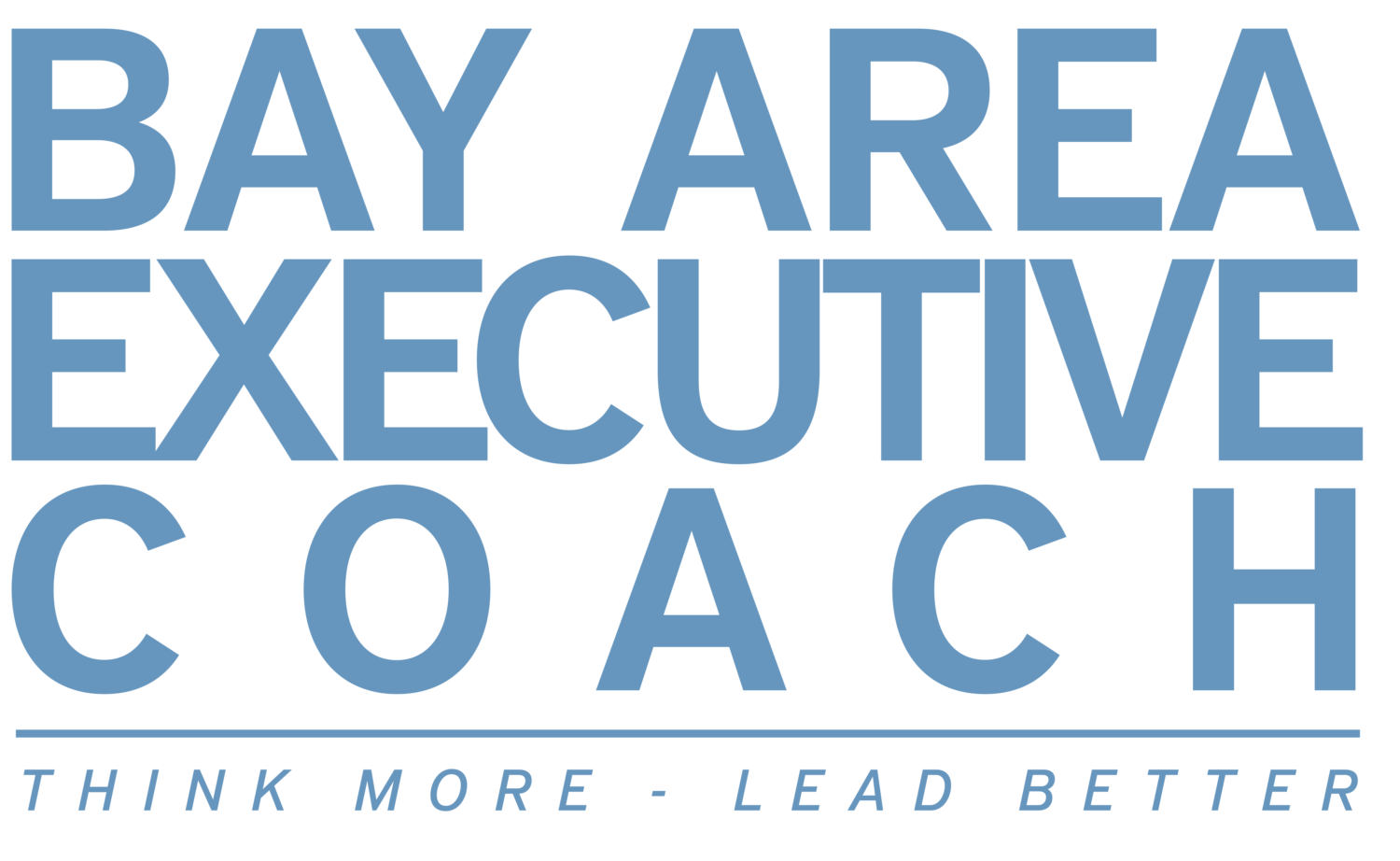Confidence (noun): the faith or belief that one is acting in a right, proper, or effective way; the quality or state of being certain.
Arrogance (noun): an attitude of superiority manifested in an overbearing manner or in presumptuous claims or assumptions.
Both confidence and arrogance are related to self-esteem, or the way a person feels about themselves. Confidence comes from a genuine belief in one’s self-worth with an understanding that self-worth isn’t measured in money, title, achievements, failures, or by the opinions of others. It springs from the inner convictions and personal values that a person holds dear.
Arrogance, on the other hand, comes from a sense of superiority over others or an inner insecurity that needs constant self-reassurance that someone is popular, smart, attractive, successful, and competent.
Unfortunately, arrogance often manifests where the person in question acts in demeaning ways to keep others in their so-called “places.”
Clearly, there’s a big difference in these behaviors, one being good and the other being pretty repelling to others. It might be useful to illustrate the difference with these brief examples:

Example 1 – Roy the CEO. The company has had a bad sales quarter. Roy convenes an emergency meeting to address the matter with his managerial staff.
Arrogant Roy: “As you’re aware we’ve just had a terrible quarter. Looking around this room I see a lot of high-priced talent but very little in the way of results. You know, I never went to a fancy business school and I don’t have an MBA. What I do have is the knowhow to run this company better than all of you put together! So, to get out of this slump we’re in based largely on your input, you’ll do exactly what I say over the next three months.”
Confident Roy: “As you’re aware we’ve just had a difficult quarter. I’m not here to point a finger at anyone. All of us, especially me, must challenge ourselves to overcome this slump. I have total confidence we can turn things around. I believe our business plan is sound. I believe we have great products. Working together, I know we can do this. Let’s talk about any adjustments we might want to make to our plan to have an even greater likelihood of bouncing back quickly.”
Can you see how the arrogant Roy demeans his team while the confident Roy pulls them together?
Let’s look at a second example:
Example 2 – Larry, the sales person. Larry is discussing a smaller-sized order with a potential first-time buyer.
Arrogant Larry: “Normally I don’t manage orders this size. But I guess I can help you out just this once. I’m sure that after you
experience our quality that’s way better than anyone else out there, you’ll be calling me with a much bigger order next time.” 
Confident Larry: “I want to thank you for giving us a try with this order today. I believe you’ll find our combination of quality and great service is exactly what you’ve been looking for. Please let me know if there’s anything else I can do for you to support your ongoing business. I’ve been here a few years now and know our product line well.”
Who would you buy from on a repeat basis?
Looking at these brief examples, it’s plain to see that the confident person is likely to be much more successful than his or her arrogant alter-ego.
To sum up, true self-confidence is not arrogance. It’s a quiet assurance you can handle whatever comes your way. It’s clear self-awareness and knowing that your true self-worth and self-esteem isn’t based on your external circumstances or what others think or say about you.
After self-awareness, what comes into play is awareness of others – a key trait of emotionally intelligent people. Arrogance is a turnoff to people whether they are colleagues, customers or partners. When you’re aware of how you’re coming across, you can tune down your style from arrogance to confidence, which is attractive.
So, rather than saying, “I know my plan is the best way to go.”, consider the alternative, “I’ve done a lot of research and weighed a variety of options, I feel confident this is the direction we should take. If you’d like to see more data, I’d be happy to share it with you.”
Or how about this one, “I’m not able to learn anything from my manager. I guess they’re in the role because of their connections.” The better alternative might be, “I’m still establishing my relationship with my manager. I’m sure there are things I can learn from them. We’ll need to spend more time together to discover our strengths and opportunities to collaborate.”
The confident person leaves room for others to shine, teach them, and to partner. On the other hand, the arrogant person tends to put themselves on an island because they leave no room for others to contribute since they aren’t as talented, knowledgeable or skilled.
If you’re not sure if you’re coming across as arrogant or confident, you may want to ask for feedback from those around you who work with you regularly. How do they perceive your style and approach to various situations?
You could also request that others participate in a 360 survey on you focused on emotional intelligence. The results will let you know where you sit on self-awareness and awareness of others. You’ll even learn about your ability to influence others, something confident people often do well. 
The key is to become a bit vulnerable to learn how others see you. This is the crux of the matter – it’s not whether you think you’re simply strongly confident, but whether others would agree and be inspired by your approach. That’s what matters here.
Expressing vulnerability is a sign of confidence. It shows others you are willing to hear what they think and make adjustments based on their feedback. It’s humility and confidence rolled together, which is attractive in the workplace and elsewhere.
••••
If you’re an executive or manager who isn’t sure if you’re projecting confidence or arrogance, we can help. We have the coaching and assessment services to help you with this and other leadership-building goals. Contact us today to learn more about how you can be the leader you know you can be.
Now that you know the difference between confidence and arrogance, you may be interested to learn how to develop strong teams and a better culture. Read our article on The Role of Team Training in Building Company Culture, and download our free guide “Tips for Making Big Decisions With Confidence” and our case study “Guiding a Leader to Employ Emotional Intelligence at Work”.
To learn more about emotional intelligence, watch our video:
Featured photo is from ©Moose Photos via Pexels. Secondary photo is from ©Andrea Piacquadio Stock project via Pexels.




















